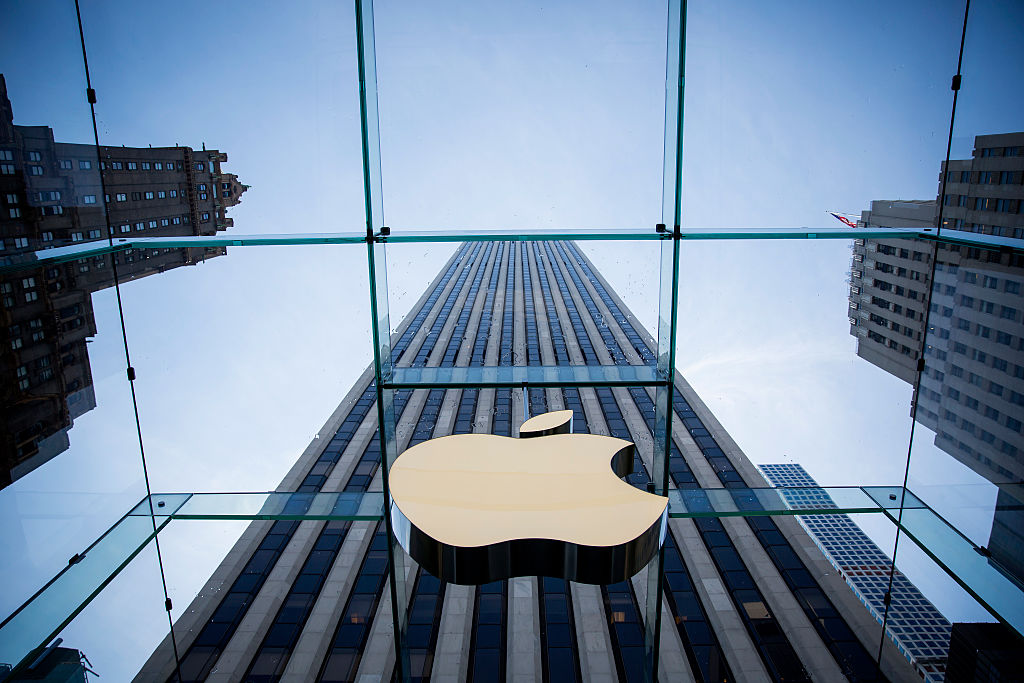The Supreme Court has unanimously decided against holding tech giants Twitter, Google, and Facebook accountable for attacks orchestrated by the Islamic State, without providing an extensive assessment of Section 230. This controversial internet law protects social media platforms from bearing responsibility for content created by users. In the landmark 9-0 verdict in Twitter v. Taamneh and a directive to return another case, Gonzalez v. Google, to a lower court, the big tech companies have secured a substantial yet circumscribed victory in their quest to limit their liability for users’ actions.
Thursday’s court proceedings prompted lawmakers from both sides to renew their demands for a comprehensive review of the law. Google’s general counsel, Halimah DeLaine Prado, found the outcome encouraging and vowed the company would persist in its efforts to “safeguard free expression online, combat harmful content, and support businesses and creators who benefit from the internet.”
Despite this, Section 230 faces severe threats, such as potential lawsuits that aim to hold social media platforms accountable for design flaws and addictive features of their products. Congress may consider revising the protections offered by Section 230, initially established during the inception of the internet era under the Communications Decency Act of 1996. Nevertheless, partisan differences have hampered lawmakers’ efforts to address the issue. This having been said, lawmakers on both sides of the aisle have called for Section 230’s revocation or modification, in a rare moment of partisan unity. Section 230’s fate remains in the balance.













